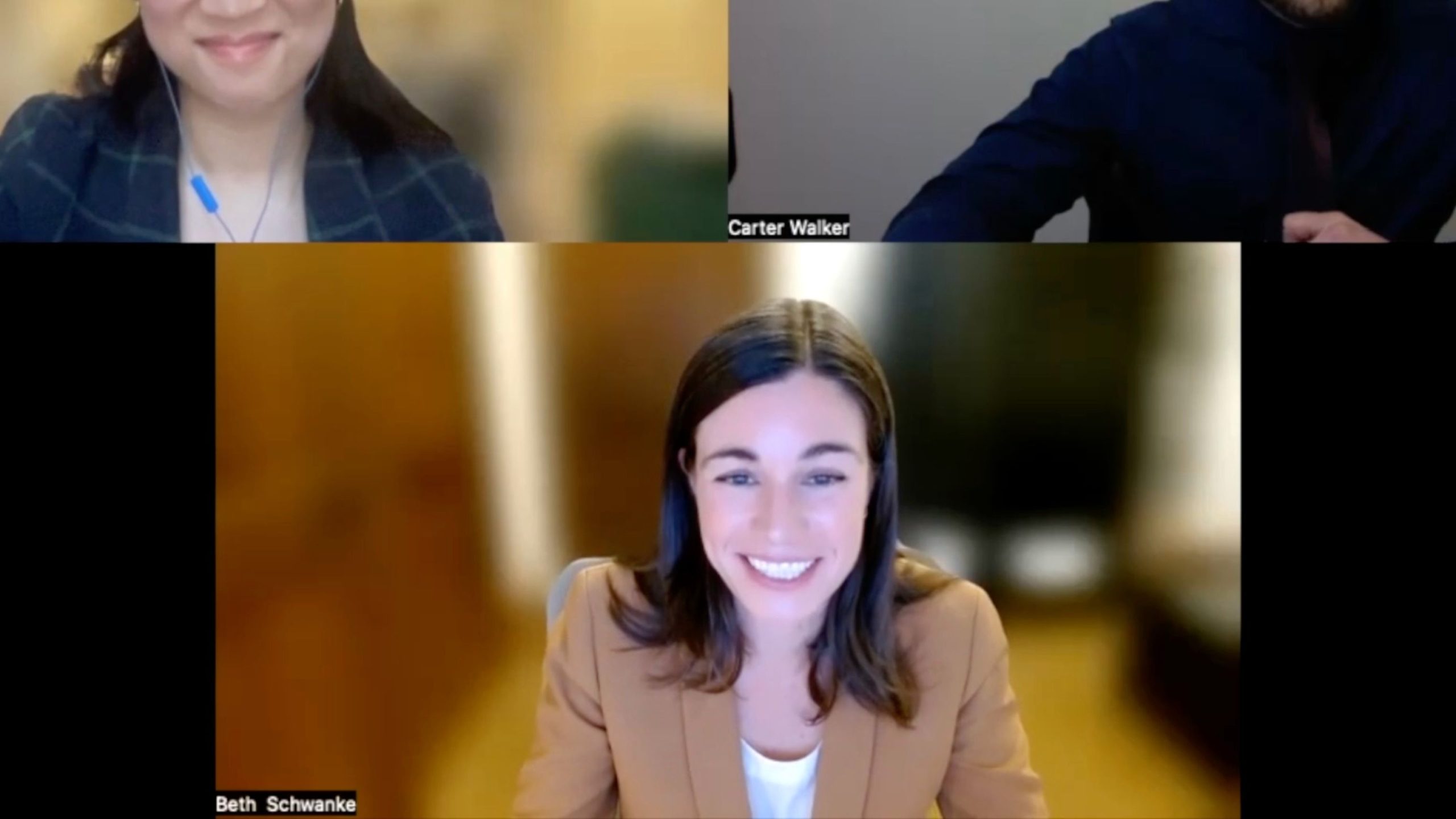by Cindy Harper, Reclaim The Net:
 Pushing for a reliance on legacy media.
Pushing for a reliance on legacy media.
Brianna Lyman, elections correspondent at The Federalist, recently reported on a panel discussion featuring Al Schmidt, Pennsylvania Secretary of the Commonwealth, and Beth Schwanke, Executive Director of the Pitt Disinformation Lab. Schmidt and Schwanke, speaking at a forum organized by Spotlight PA, voiced their stance on “misinformation” and “disinformation” surrounding elections. Strikingly, Schwanke recommended that rather than conducting self-led investigations, Pennsylvanians should place their confidence in so-called “trusted” sources. These include certain institutions and media outlets that have unfortunately been tied in the past to acts of censorship.
TRUTH LIVES on at https://sgtreport.tv/
“One thing everyone can do to make sure they are seeing accurate information is to use trusted sources. So in elections that means using the Department of State, that means using your county elections office, it means using media organizations that follow, that adhere, to professional journalism standards like … your local NPR affiliate,” Schwanke said. “And it doesn’t mean you know, ‘doing your own research’ and just asking questions and sharing, you know, posts from – I don’t know, in my case, it’s Uncle Joe, right? It means being thoughtful about where your sources are coming from.”
Schwanke’s advice, interestingly, seemed to discourage individual research, questioning, and sharing of ideas. Instead, she advocated the use of sources like the Department of State, county elections offices, and, strikingly, media organizations such as local NPR affiliates, which she implied upheld superior journalistic standards.
Despite what Schwanke says, the importance of being vigilant about our sources of information cannot be overstated. This was vividly demonstrated in the lead-up to the 2020 election when a significant story on Hunter Biden’s laptop by the New York Post was unjustly labeled “disinformation,” and subsequently suppressed across several tech platforms.
As The Federalist reported, what made matters worse, in an incident hinting at bias, NPR blatantly refused to report on the story, with its Managing Editor Terence Samuels declaring it as unworthy of coverage.
The Pennsylvania State Department presented a similar cause for alarm. It announced its collaboration with the Cybersecurity and Infrastructure Security Agency (CISA) to monitor and control online talks deemed a “threat” related to the election process. Despite its claimed intention to offer voters accurate, trustworthy election-related data and to counter threats such as so-called “misinformation,” there is good reason to question the impartiality of its activities. Case in point, CISA had previously facilitated the silencing of Americans expressing valid concerns on social media, as if they were spreading “disinformation,” and even had a post from President Donald Trump flagged under these pretenses.



